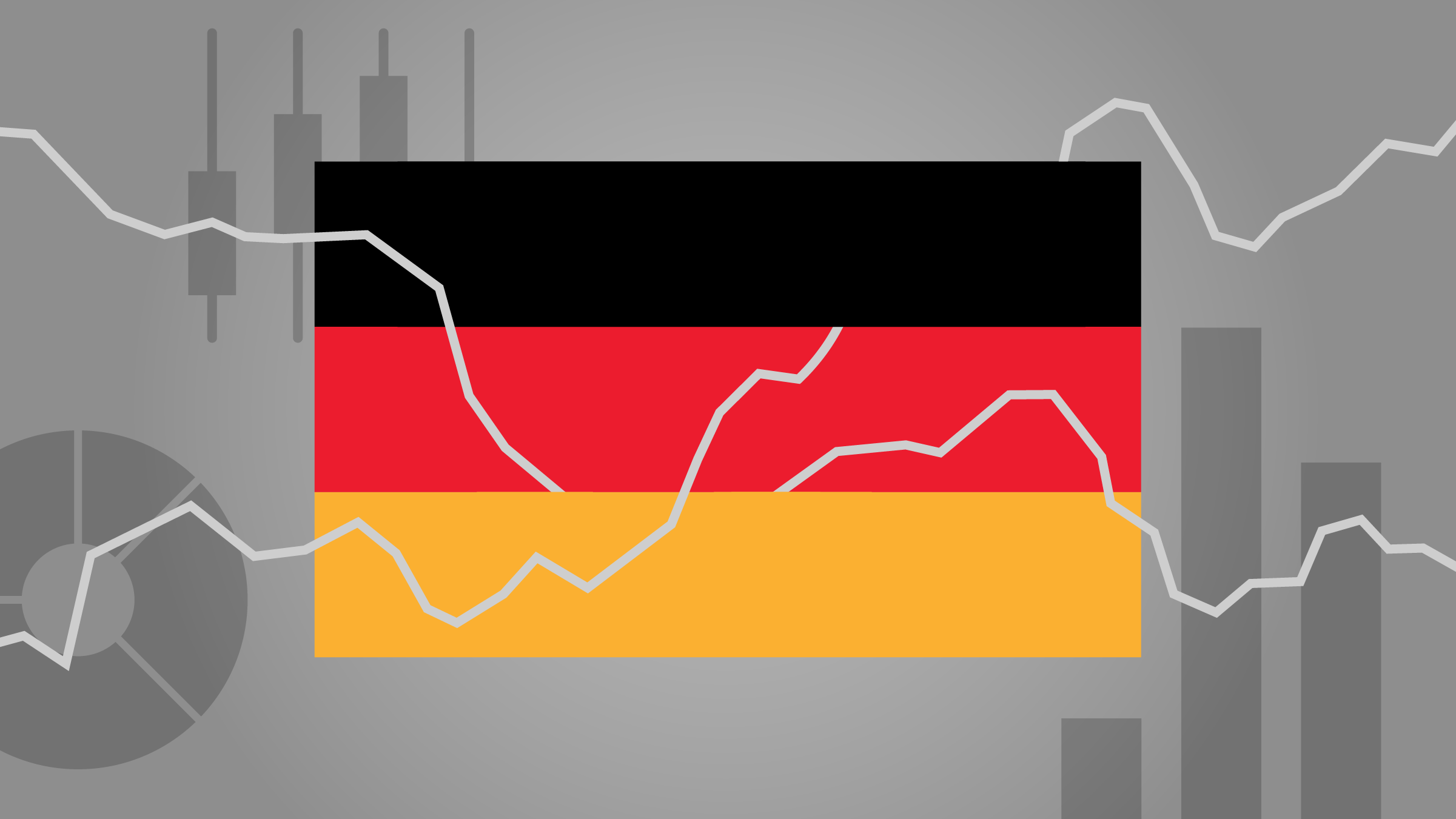
Defense majors rallied while broad markets remained steady on Monday after the country’s parliamentary elections yielded a result in line with polling, paving the way for a centrist coalition between the conservative victors and Social Democrats.
Ahead of Sunday, markets had braced for risky scenarios including a stronger-than-expected showing of the far-right Alternative for Germany or an outcome enabling a coalition of Social Democrats, Greens and the Left, none of which came to pass.
Further reinforcing the next government’s centrist mandate was the failure of the Russia-friendly populist BSW party to garner the requisite 5% of votes to enter parliament. While pro-business liberal party FDP, which until November held the key finance ministry, also failed to remain in parliament, the post-communist Left party had a strong showing, defying polls to win nearly 9% of votes.
“The reaction in equity markets this morning has been relatively muted, but in the short/medium term we believe the impact a new government can have on German equities could be significant,” Morningstar’s chief European markets strategist Michael Field says.
“Bringing down energy prices, through a reduction in taxes is something that can happen quickly, and word of plans to improve infrastructure and cut red tape, particularly around labor markets, should certainly give equities a boost,” he added.
According to Ninety One multi-asset portfolio manager Alex Holroyd-Jones, “the crucial factor will be how effectively the new government addresses structural economic challenges, such as underinvestment and pressures on key industries. A pivotal issue will be fiscal policy’s ability to become more expansionary, which hinges on reforming the debt brake—currently capping the federal deficit at 0.35% of GDP."
Defense Hawks' Victory Boosts Sector
Winners among German equities included the defense sector, as the likely next conservative chancellor Friedrich Merz committed himself to strategic autonomy and increased support for Ukraine. Among Merz’s likely coalition partners, the Social Democrats, foreign policy hawk Boris Pistorius is a leading candidate to succeed Olaf Scholz, further bolstering the prospect that the incoming government will ramp up defense spending.
German defense major Rheinmetall RHM rose 6.4% on Monday, while sensor and electronics firm Hensoldt HAG closed 4.4% higher. Elsewhere in Europe, aerospace group Airbus AIR, Italian defense conglomerate Leonardo LDO and Britain’s BAE Systems BA. each rose about 3%, all while broader European markets remained broadly in line with Friday’s close.
“We believe that the current 2% of the GDP target for German defense spending will be the lower limit,” Morningstar aerospace & defense analyst Loredana Muharremi says. “Given the recent developments we expect 3/3.5% to be the medium-term target, especially in case of a Merz-Pistorius government.”
Mid-cap Equities Outperform
While Germany’s blue-chips in the DAX 40 benchmark index are export-reliant with only one-fifth of revenue achieved domestically, small-and mid-cap stocks are more exposed to their home market, and therefore domestic policymaking. The prospect of a more business-friendly policy environment helped mid-cap stocks outperform on Monday.
“Of course mid-cap stocks, those with a lot of their operations in Germany will benefit in an outsized way,” Morningstar’s Field observes.
The MDAX index of 50 mid-cap stocks listed in Frankfurt outperformed broader markets, rising 1.4% while large caps in the DAX 40 were up 0.6% and the small-cap SDAX index rose 0.7%.
What’s Next for the ‘Debt Brake’?
Heading into the election, a reform of Germany’s constitutional borrowing limit, colloquially called the ‘debt brake’, has been in focus for investors as a potential pathway to sharply increased spending on defense and infrastructure. The last-minute surge in support for the Left party, combined with the strong showing of the far-right AfD, means more than a third of parliamentary seats will go to populist movements that are unlikely to cooperate with the incoming chancellor on constitutional reform. While the AfD rejects loosening the debt brake altogether, the Left is opposed to increased military spending and continued military aid to Ukraine.
“Changes would require backing from The Left party to meet the requirement of a 2/3 majority. Given The Left’s support for increased investment spending, debt brake reform remains the base-case scenario, though it may take months to materialize,” Ninety One’s Holroyd-Jones explains.
Buoyed by the election outcome’s promise of stability, the Euro initially rose as much as 0.7% in Asian trading early Monday, but pared gains once European markets opened. Yields of Germany’s 10-year government bond remained broadly neutral as the fate of Germany’s controversial fiscal guardrails remained unclear.
“The election result – and notably the lack of a two-thirds majority for CDU/CSU, SPD and Greens – increases doubts about whether or not the additional fiscal spending can be achieved through a reform of the debt brake," UBS economist Felix Huefner wrote in a note on Monday, while adding that “fiscal loosening might become more difficult, but would still be possible and perhaps even likely.” Alternative pathways to increased spending include a built-in “escape clause” for national emergencies that must be renewed annually and the creation of a special-purpose fund, as Germany did to improve military readiness in 2022.
Sunniva Kolostyak and Ollie Smith contributed to this story.
The author or authors do not own shares in any securities mentioned in this article. Find out about Morningstar's editorial policies.
























